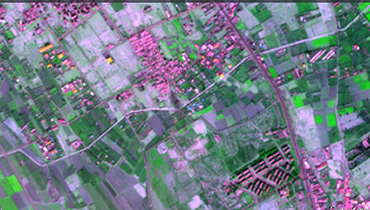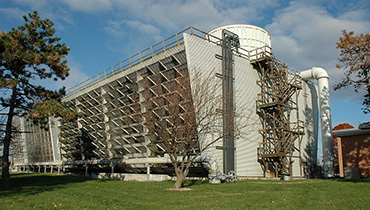2018- Integrating small and medium scale producers into the cassava food value chain in Nigeria
| Doctorando: | Emmanuel Donkor |
| Nacionalidad: | Nigeria |
| Universidad: | Universidad Politécnica de Madrid & University College Cork |
| Facultad/Escuela: | E.T.S.I. Agronómica, Alimentaria y de Biosistemas & Food Business and Development, National University of Ireland, Cork |
| Año: | 2018 |
| Calificación: | Sobresaliente Cum Laude. AGTRAIN Programme |
| Director: | Ignacio de los Ríos Carmenado & Stephen Onakuse |
| Enlace: | Texto completo |
ABSTRACT
The issues of food insecurity, poverty and high-income inequality in developing countries pose a threat to global economic development. In developing countries, smallholder producers account for the highest proportion of food supply. However, the producers are the most vulnerable actors in the agrifood value chain, especially in the cassava food value chain in Nigeria. The cassava food value chain provides different business opportunities for the different actors: producers, processors and traders of processed cassava products. Nonetheless, smallholder producers are not effectively integrated into the cassava food value chain. The problem of integration limits producers' ability to benefit from premium prices emerging from the high-value market in the agri-food industry in Nigeria. The main objective of the study was to analyse the determinants of effective integration of small- and medium-scale producers into the cassava food value chain to improve their incomes in Nigeria. Mixed methods research approach comprising quantitative and qualitative methods was used to generate primary datasets to achieve the set research objectives. The study sampled 621 value chain actors, which consisted of 400 cassava producers, 120 gari processors, 100 traders and 1 extension officer. Econometric approaches such as the Gini Coefficient, a Multinomial Logit Model, a Multivariate Linear Regression, a Probit Model and a Tobit Model were used to analyse the quantitative datasets whereas the qualitative datasets were analysed with the thematic analysis. The finding showed that there was high-income inequality among the actors in the cassava food value chain, especially with traders. This high inequality tended to be minimised by increasing cassava producers’ incomes in the food value chain. The selection of better marketing channels and participation in value-adding activities were the key determinants of integrating the producers into the food value chain. Producers’ choices of marketing channels were mainly influenced by a varying set of factors such as human capital, location, institutional and transactional factors. In addition, human capital, institutional and transactional factors were the key determinants of producers' participation in value-adding activities. The study concludes that besides raising producers’ income and narrowing the income gap, the effective integration of cassava producers into the agri-food value chain could contribute to reducing poverty, enhancing food security and strengthening the rural economy.













